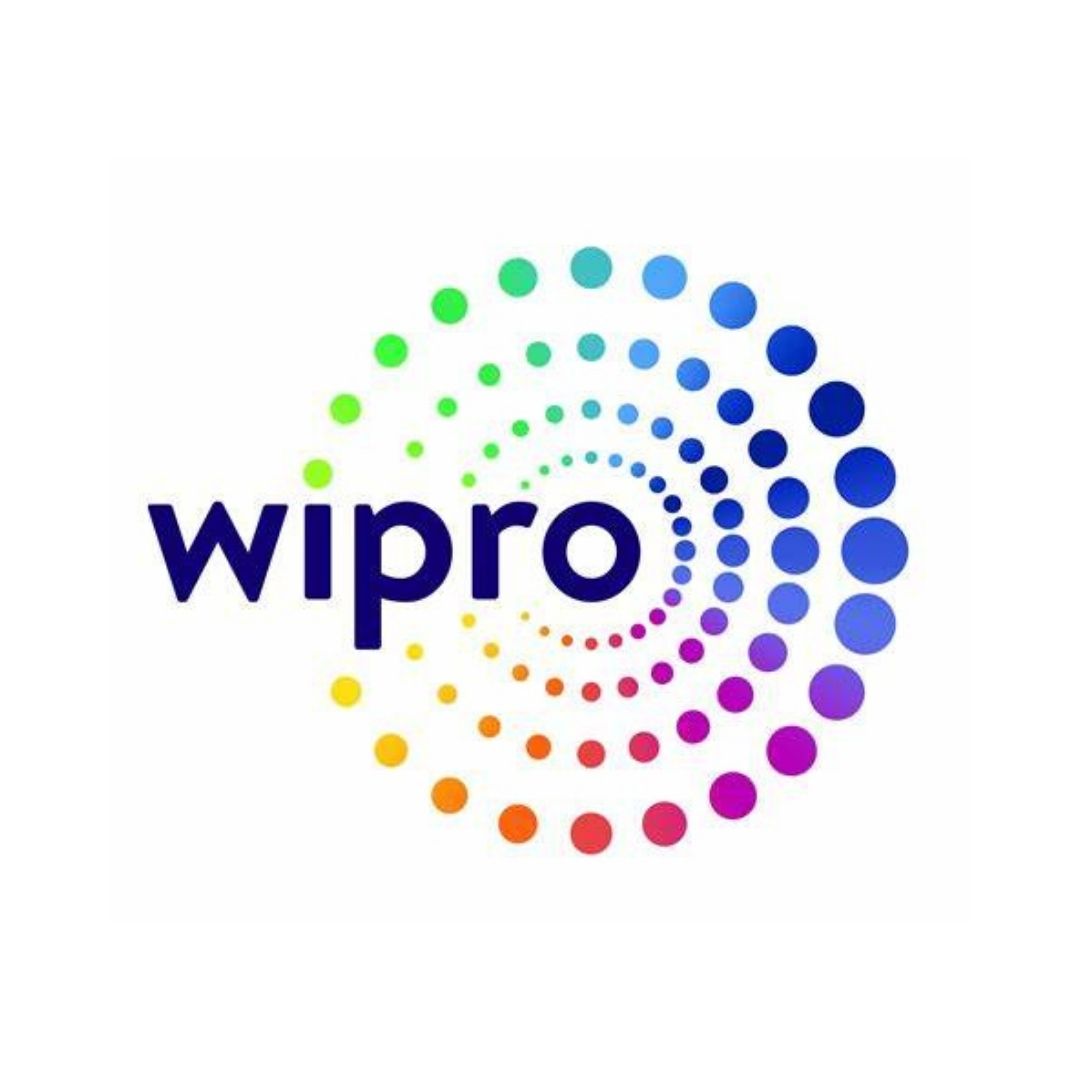Wipro Limited (NYSE: WIT, BSE: 507685, NSE: WIPRO), a leading global information technology, consulting, and business process services company, and Designit, a Wipro company, today announced the findings from a new global Chief Marketing Officer (CMO) survey of more than 1,000 marketing leaders around the world. The study identified three types of CMOs, and how leading companies have adapted to the market disruptions caused by COVID-19. The findings offer a comprehensive look at how brands and their CMOs responded to the global pandemic, and the strategies they are prioritizing as they build momentum towards recovery.
Though every CMO responded differently to the crisis, the study identified three distinct personas:
- The Disruptor – Approximately 9% of CMOs avoided conventional tactics and adopted radical new strategies in the face of uncertainty.
- The Progressive – Roughly 60% adopted bold and innovative tactics but based their decisions on past experiences
- The Traditionalist – The remaining 31% favored the tried and tested methodologies to reach customers
“This research offers insights to marketers on how to succeed in the face of significant challenges. It revealed that disrupter personas are poised for success in an era of uncertainty and increased expectations. Guided by brand purpose, the disrupter displays an unwavering commitment to customer experience (CX), and driving actionable intelligence from data insights that allow for continued success,” said Rajan Kohli, Managing Partner – Integrated Digital, Engineering and Application Services, Wipro Limited.
84% of CMOs also agreed that one of the most significant challenges in their field is the application of data and marketing technology. While they can outline the need for robust marketing technology and data, 70% still feel that there is a gap between the current capabilities of these solutions and their vision. To complicate matters, 12% were forced to sacrifice investment in this vital area during 2020, as companies made COVID-related cuts.
Other key findings from the research include:
- Within the next two or three years, 82% of marketing and CX leaders plan to create new types of content and generate experiences to gain a sustainable, long-term competitive advantage
- 62% of marketing and CX leaders cite the need for a 360-degree, data-driven view of their customers
- 81% of marketing and CX executives are betting on employee engagement as a competitive strategy
- 70% of executives are prioritizing implementing purpose-led initiatives to become or stay industry leaders
- 61% of companies are prioritizing design thinking as a business strategy to become leaders
“Over the last 18 months, brands have had to react to unforeseen global changes. Customer and employee needs and expectations changed rapidly, and priorities were redefined. In the face of a public health crisis that pulled us in different directions, empathy and human connection became the key ingredient for brand survival. Brands that changed strategy quickly and put the human experience before commercial gains thrived the most,” said Sunil Karkera, Global Managing Director, Designit.






